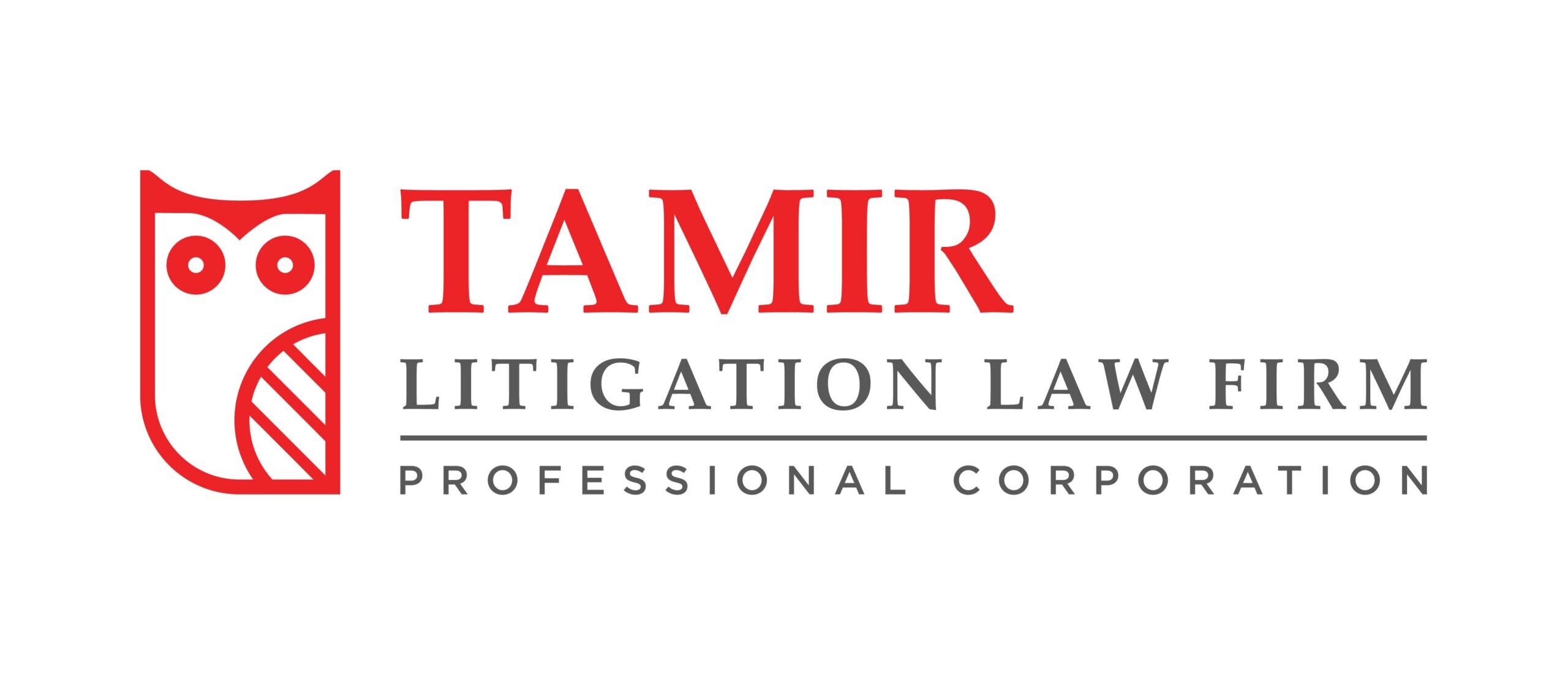In May 2025, the College of Immigration and Citizenship Consultants (CICC) issued an interim suspension against a consultant accused of serious misconduct in CICC v Sharma-Singh, 2025 CICC 21.
The case involved 13 client complaints, many alleging job selling, charging large fees in exchange for promises of positive Labour Market Impact Assessments (LMIAs) or work permits. Other allegations included missing service agreements, no receipts, bounced refund cheques, and unprofessional communication.
The College argued that these patterns showed a serious risk to the public. Even before a full hearing on the merits, the Panel agreed: protecting vulnerable clients and maintaining public confidence outweighed the consultant’s right to keep practicing.
The consultant’s explanations, i.e., ghost consultants, office lockouts, and angry clients did not address the central concerns. The Panel stressed that honesty cannot be supervised or corrected through courses, so only a full suspension could protect the public.
Why this matters for RCICs:
- Job selling is a red line. Promising or selling employment opportunities is illegal and will likely result in revocation if proven.
- Documentation is protection. Every file should have a signed retainer and receipts. Missing paperwork fuels complaints.
- Refunds don’t erase misconduct. Once a complaint is filed, trying to “settle” it directly with a client can be seen as interference.
- Always cooperate. Ignoring the College, even for practical reasons, is itself a breach that justifies suspension.
Takeaway: Interim suspension isn’t about a strict proof of misconduct, it’s about risk. If the College sees patterns of dishonesty, job selling, or non-cooperation, it will act quickly to protect the public.
Questions and Answers
What is “job selling” in immigration consulting?
Job selling happens when a consultant charges clients money in exchange for a promise of employment or a positive LMIA. This practice is considered serious professional misconduct by the CCIC.
Why did the CICC suspend the consultant before a full hearing?
The College can impose an interim suspension when there are reasonable grounds to believe the public is at risk. In this case, multiple complaints about dishonesty, job selling, and non-cooperation justified urgent action to protect clients.
Do refunds to unhappy clients guaranteed to prevent discipline?
No. The CICC does not investigate complaints to recover money, it investigates to enforce the Code of Professional Conduct. Paying refunds after a complaint is filed may even be viewed as interference with the process, if it is done improperly.
What should consultants do if they are contacted by the CICC about complaints?
Ideally contact a lawyer experienced in the field of disciplinary matters. Otherwise, always respond promptly, provide complete documents, and avoid contacting complainants directly. Full cooperation with the College is critical. Delays, excuses, or partial responses can lead to suspension or make disciplinary outcomes worse.
For RCICs Facing a CICC Complaint or Hearing
I defend RCICs before the College on regulatory files. I focus on early risk containment, document remediation, and strategic positioning to protect your licence and livelihood.
This commentary is for informational purposes only and does not constitute legal advice.
Contact Tamir Litigation Law Firm today at 416-499-1676 or visit tamirlitigation.com to learn how you can protect your licence and your reputation. You can also message us on WhatsApp for a free initial chat.

